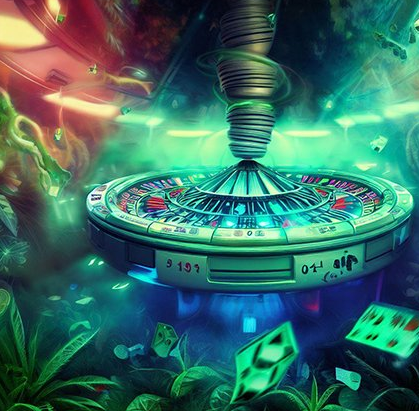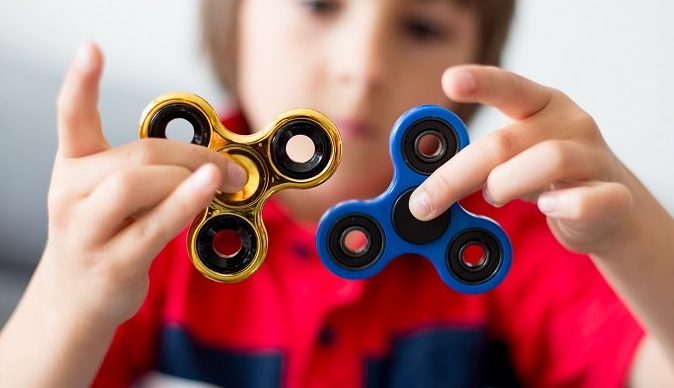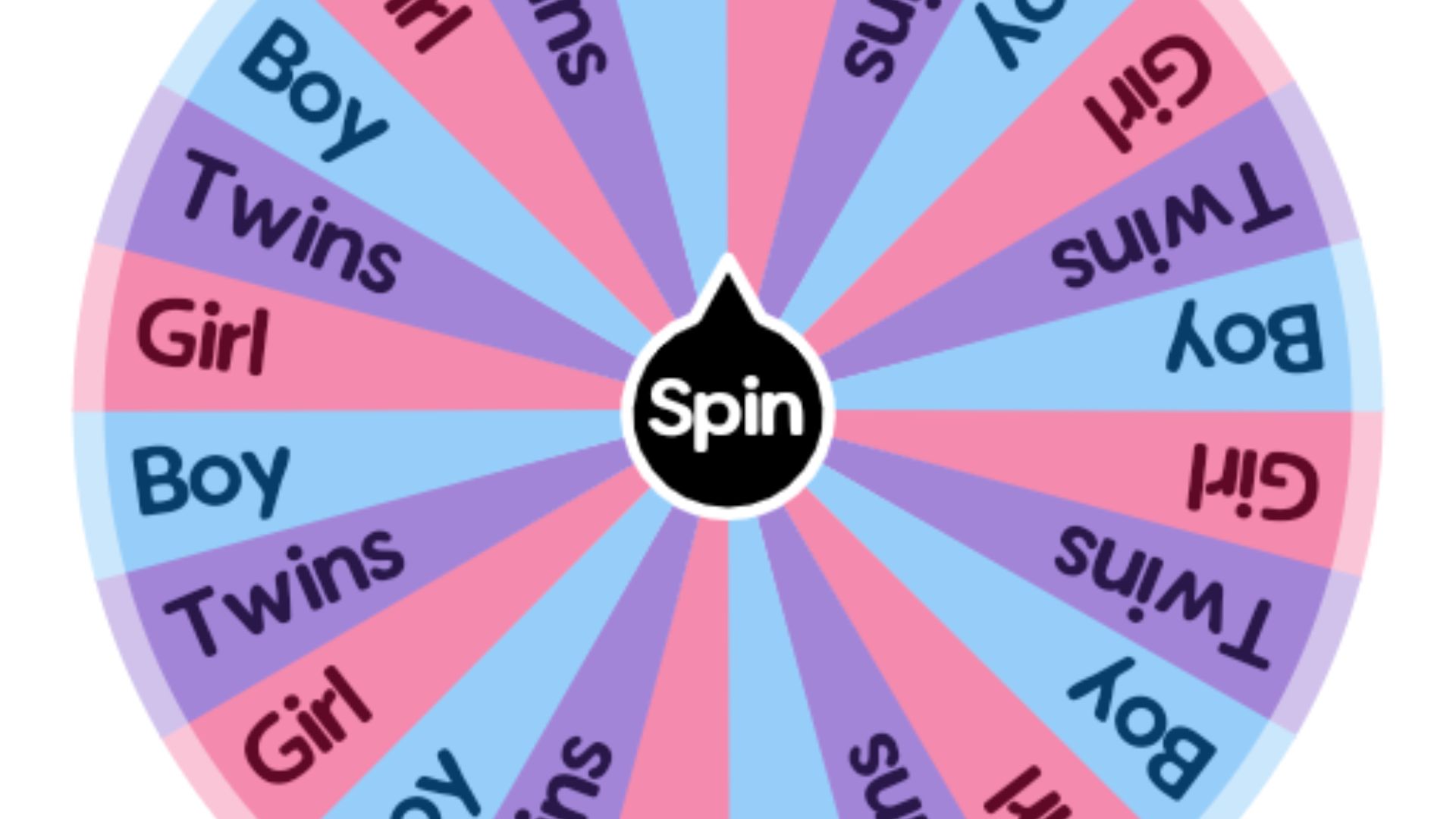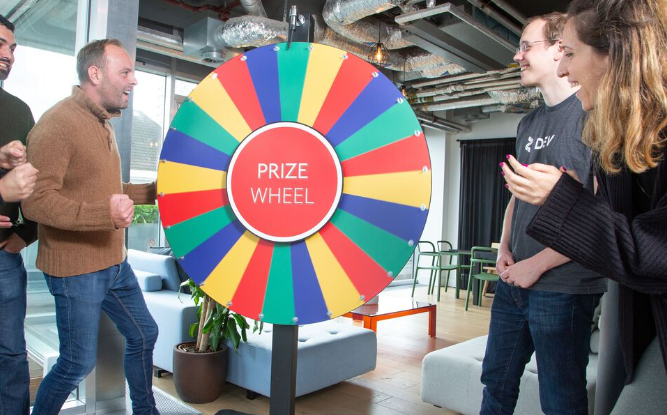Spinning the wheel is a captivating activity that has stood the test of time. From the roulette wheels of Monte Carlo to the game shows on television, it’s a universal symbol of chance and fortune. In this article, we’ll dive into the intriguing world of wheel-spinning, examining its history, its role in various forms of entertainment, and the delicate balance between luck and strategy that defines this timeless pastime.
A Brief History
The concept of spinning a wheel dates back centuries. In the early days, it was often associated with divination and predicting the future. Wheels adorned with symbols or numbers were spun, and where the pointer landed, predictions were made. This historical connection between spinning a wheel and seeking answers from the unknown gives the practice an air of mystery and intrigue.
The Wheel in Entertainment
Spinning the wheel has firmly established itself as a cornerstone of entertainment. One of the most iconic uses is in the game of roulette, where players bet on where the ball will land after the wheel’s spin. Roulette embodies the blend of chance and strategy – luck determines the outcome, but players can employ betting strategies to enhance their odds.
Game Shows and Spinning Wheels
Game shows have embraced the wheel as a central element of excitement. Shows like “Wheel of Fortune” and “The Price Is Right” have captivated audiences for years. Contestants spin the wheel, their fates hanging in the balance, hoping for a chance to win big. It’s a riveting blend of luck and skill as contestants strategize when to spin and how much force to use.
The Allure of Chance
The appeal of spinning the wheel lies in the uncertainty it brings. It’s the thrill of not knowing where the wheel will stop, and the anticipation of that moment is what keeps people coming back for more. It’s the ultimate game of chance, with every spin offering the possibility of a life-changing outcome.
Strategies and Decision-Making
While the wheel is the arbiter of fate, strategic decision-making plays a crucial role in many wheel-based games. In roulette, for instance, players can choose to bet on specific numbers, colors, or even or odd outcomes. These decisions, while not influencing the outcome directly, allow players to craft their own strategies for managing risk and reward.
The Psychology of Spinning
The act of spinning a wheel has a profound psychological impact. The whirring sound, the spinning motion, and the visual anticipation all work together to create an immersive experience. Psychologically, it triggers a release of dopamine, heightening the thrill and reinforcing the desire to spin again.
Learning from Outcomes
Spinning the wheel teaches valuable life lessons. It illustrates that sometimes, despite the best-laid plans, luck plays a significant role in the final outcome. This encourages adaptability and resilience, as individuals must accept both good and bad results with grace.
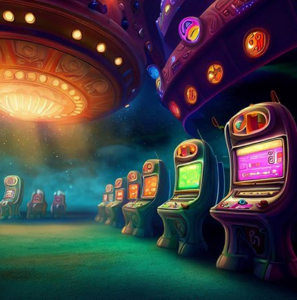
Spinning the Wheel
Cultural Significance
Furthermore, the wheel is not confined to a single culture; it is a universal symbol. From the colorful “wheel of fortune” in ancient China to the countless wheel-based games worldwide, it transcends borders and languages. It’s a testament to the human fascination with uncertainty and the drive to conquer chance.
Evolving Technologies
In the digital age, spinning the wheel has found a new home online. Virtual roulette, digital game shows, and online casinos have brought the thrill of wheel-spinning to a broader audience. This technological shift allows for a wider range of options and experiences while maintaining the fundamental allure of the wheel.
Ethical Considerations
Lastly, while spinning the wheel can be immensely entertaining, it’s not without its controversies. Some argue that it can lead to addictive behavior and financial problems. Responsible gaming and gambling awareness campaigns are essential to ensure that individuals can enjoy wheel-based activities without falling into unhealthy habits.
Conclusion
Spinning the wheel, whether in a casino, on a game show, or in your own living room, is a timeless activity that speaks to our innate desire for excitement and uncertainty. Its history, presence in entertainment, and blend of chance and strategy make it an enduring pastime. As technology continues to evolve, the wheel remains an emblem of luck, strategy, and the thrilling journey into the unknown. So, next time you see a wheel waiting to be spun, remember that it’s not just a game; it’s a captivating journey of possibility.
